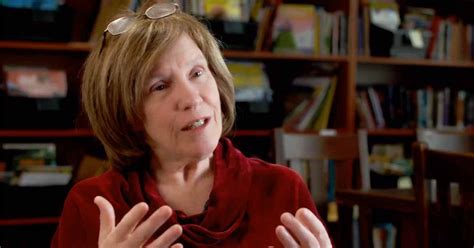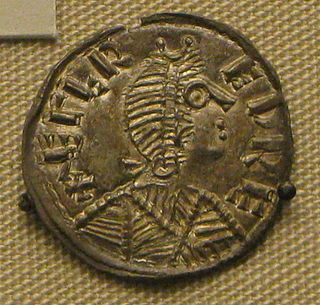A Quote by Lucy Calkins
Writing well has everything to do with being able to read one's own work with an eye toward the unmet possibilities that are there.
Quote Topics
Related Quotes
I'm attracted to good writing. When I read the page and I know what we're after and where we're headed, and I'm fortunate enough to respect that idea and am able to pitch myself toward that, that feels like the culmination of everything that I've spent my life trying to do, since I played that tree in that play in third grade.
When I used to teach writing, what I would tell my playwriting students is that while you're writing your plays, you're also writing the playwright. You're developing yourself as a persona, as a public persona. It's going to be partly exposed through the writing itself and partly created by all the paraphernalia that attaches itself to writing. But you aren't simply an invisible being or your own private being at work. You're kind of a public figure, as well.
I don't spend time thinking about an aesthetic out of which I create or an ideal toward which my body of work is heading. It's amazing, when I read interviews with other poets, to see how articulately they discuss their own writing, as if they were sharing long-held theories on the work of Pope or Keats. I'm happy enough that I've poured the best of myself into the poems themselves.
Being a goalkeeper gives you quite a unique perspective on things. You are part of a team yet somehow separate; there are no grey areas, with success or failure being measured in real time; and you have a physical job which you can only do well by paying attention to your mental well-being. A great goalkeeper has to have the keys to a great mindset. To be able to work well in the box, I believe you have to be able to think outside the box
After I quit being a lawyer in '95, I was having a lot of trouble writing. Then I read somewhere that Willa Cather read a chapter of the Bible every day before she started work. I thought, 'Okay, I'll try it.' Before each writing session, I started to read the Bible like a writer, thinking about language, character, and themes.



































